Pasir Panjang cargo port in Singapore. (Photo: THX/TTXVN)
The Pacific Alliance is a Latin American trade bloc consisting of Chile, Colombia, Mexico and Peru. It forms the ninth largest economy in the world, with a combined population of 235 million people.
On May 3, the FTA between Singapore, Peru and Chile came into effect, while Colombia and Mexico are in the process of ratification.
The FTA was signed by Singapore's Trade and Industry Minister Gan Kim Yong and his counterparts from Pacific Alliance member countries in January 2022.
Singapore and Peru ratified the agreement in July 2022 and February 2023. Chile ratified on March 4, pushing the agreement into effect. This is Singapore's 28th free trade agreement.
Singapore's bilateral trade with the Pacific Alliance in 2024 is expected to be S$12.5 billion (US$9.6 billion), accounting for more than a third of Singapore's total trade with Latin America and the Caribbean.
The most traded products include electrical machinery, refined metal products, cocoa products, wine and seafood. There are also about 100 Singapore companies operating in Pacific Alliance markets, in areas such as technology and the digital economy , food trade, infrastructure as well as port management and logistics.
This is the first FTA between Singapore and Colombia. Singapore currently has FTA partners with Chile and Mexico through the Comprehensive and Progressive Agreement for Trans-Pacific Partnership (CPTPP) and with Peru through the CPTPP and the Peru-Singapore bilateral FTA.
Under the FTA between Singapore and the Pacific Alliance, the countries involved will not impose tariffs on each other's goods on most tariff lines. Notably, Colombia will reduce or eliminate tariffs on 85.7% of its tariff lines upon ratification of the agreement.
Businesses can also use materials from any member country to satisfy the origin status of goods, making it easier for their exports to qualify for preferential tariff treatment, under certain conditions.
Singaporean service providers can enjoy lower operating costs as they do not need to establish or maintain local representative offices in the Pacific Alliance for sectors that have committed to liberalisation.
They will also enjoy preferential market access in legal, construction and tax consultancy services. Singaporean companies will also be able to bid for Pacific Alliance government procurement projects./.
According to VNA
Source: https://baothanhhoa.vn/fta-giua-singapore-va-lien-minh-thai-binh-duong-co-hieu-luc-247722.htm


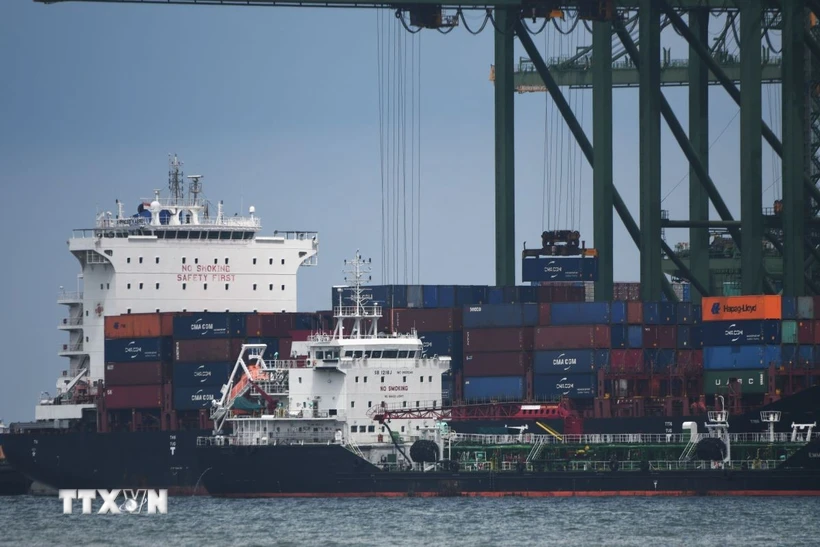




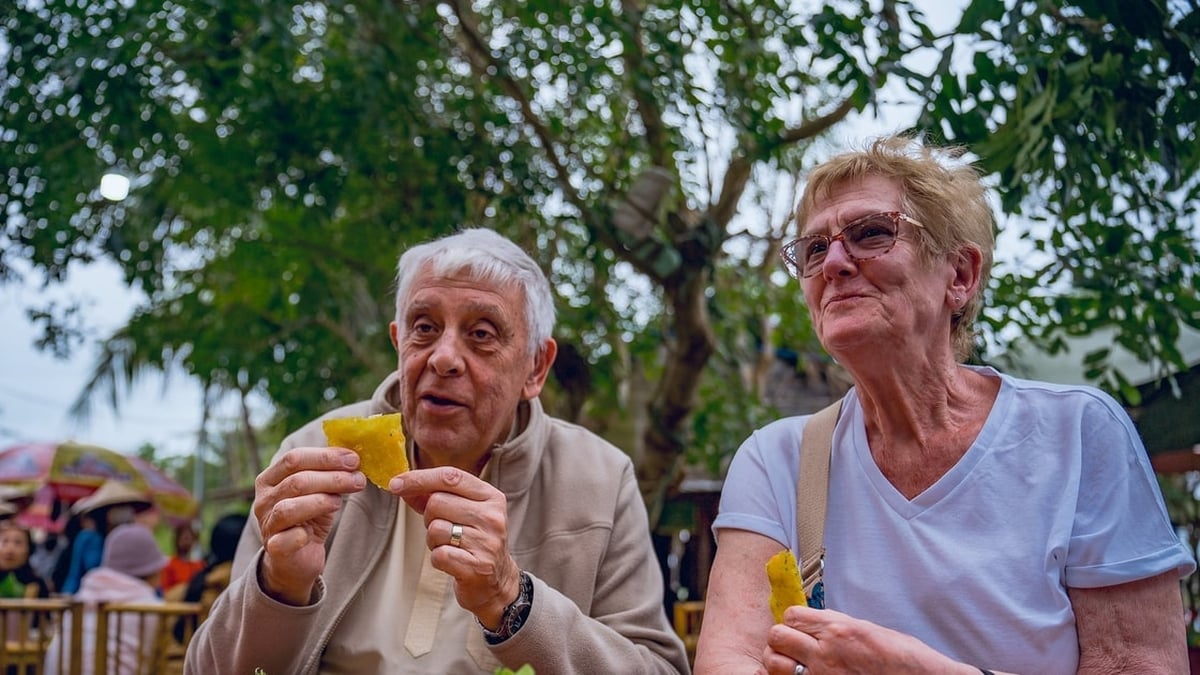

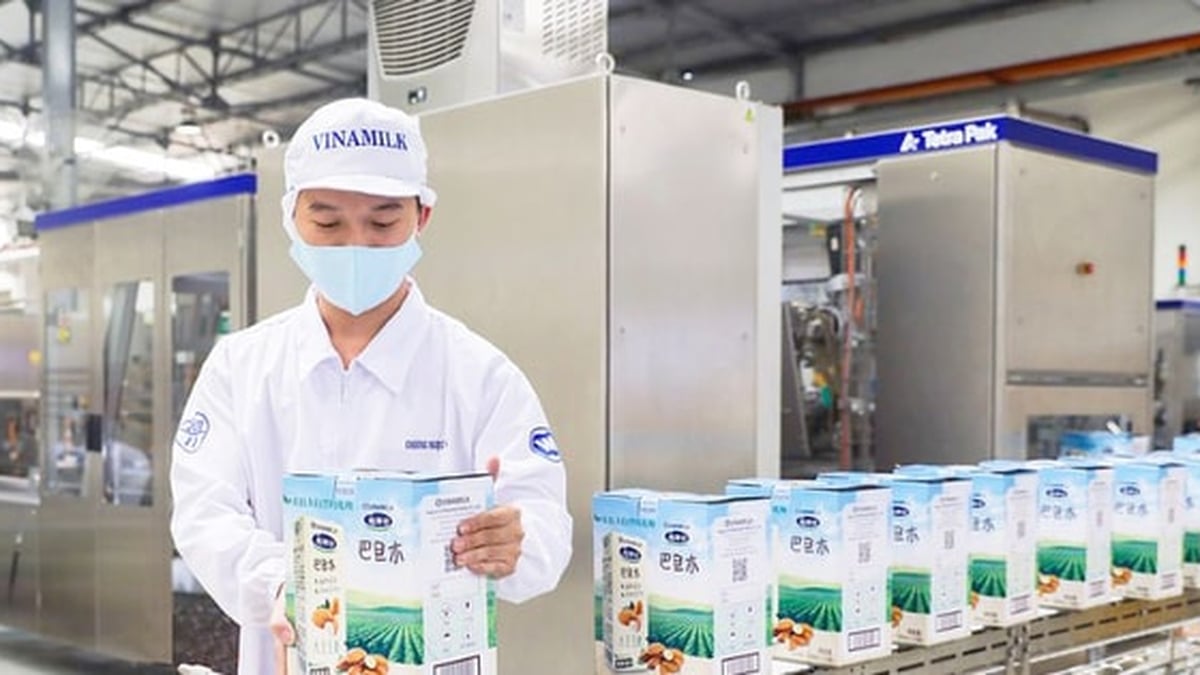
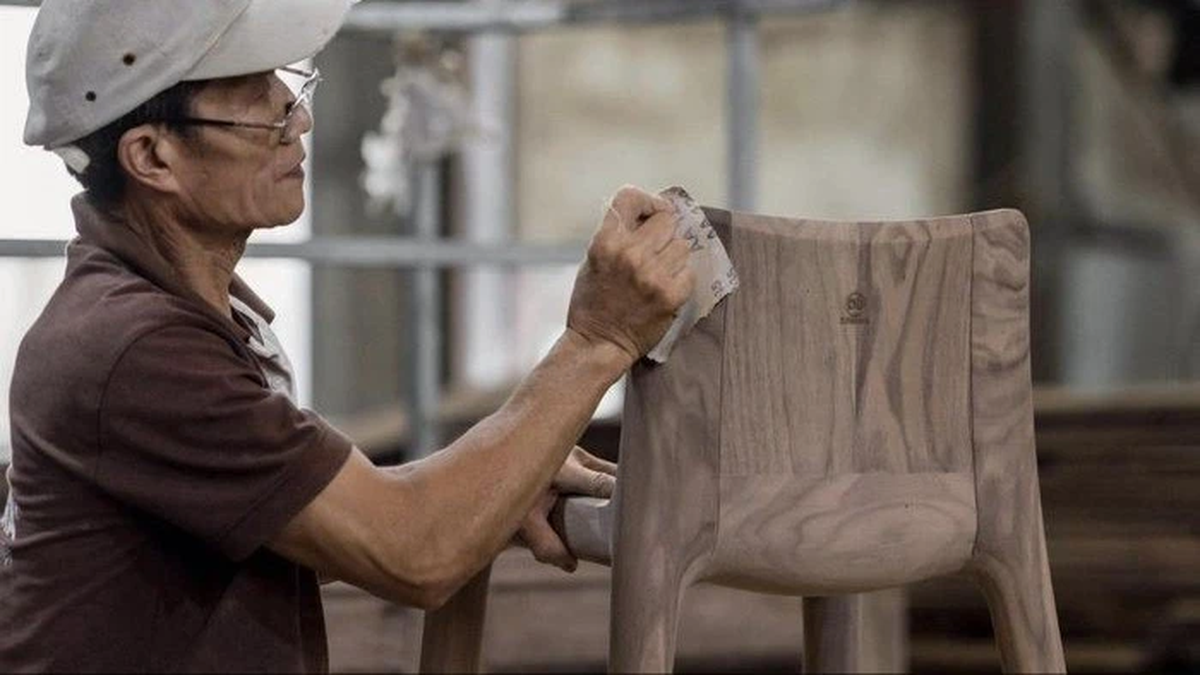
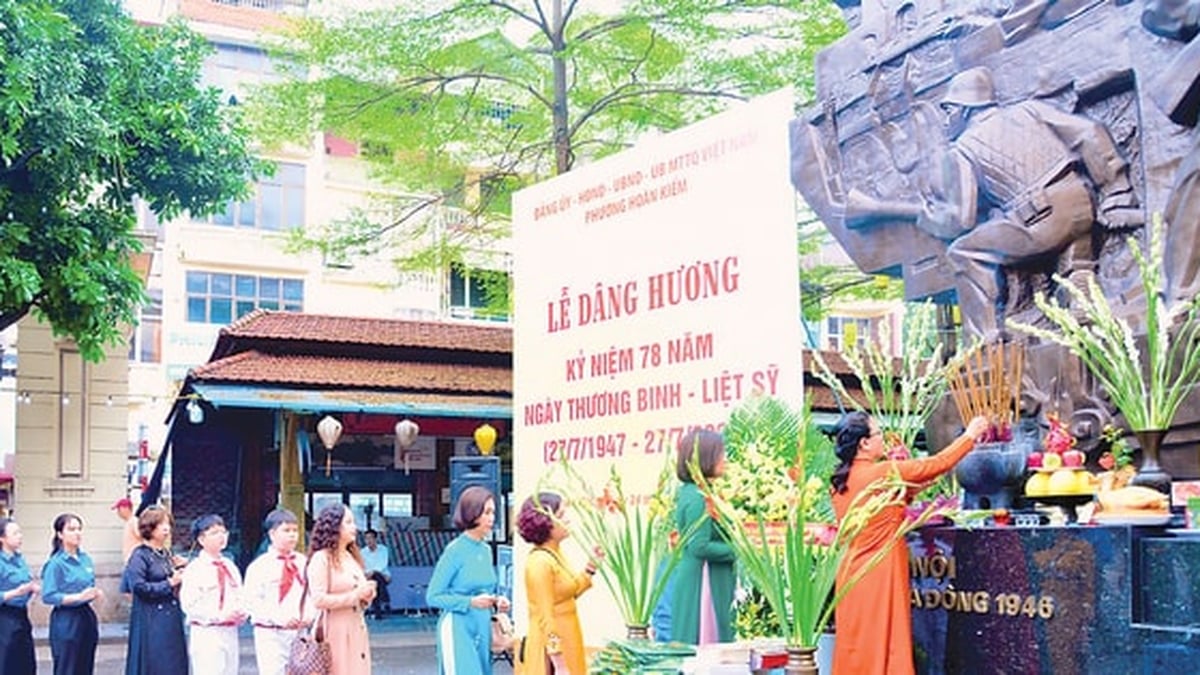
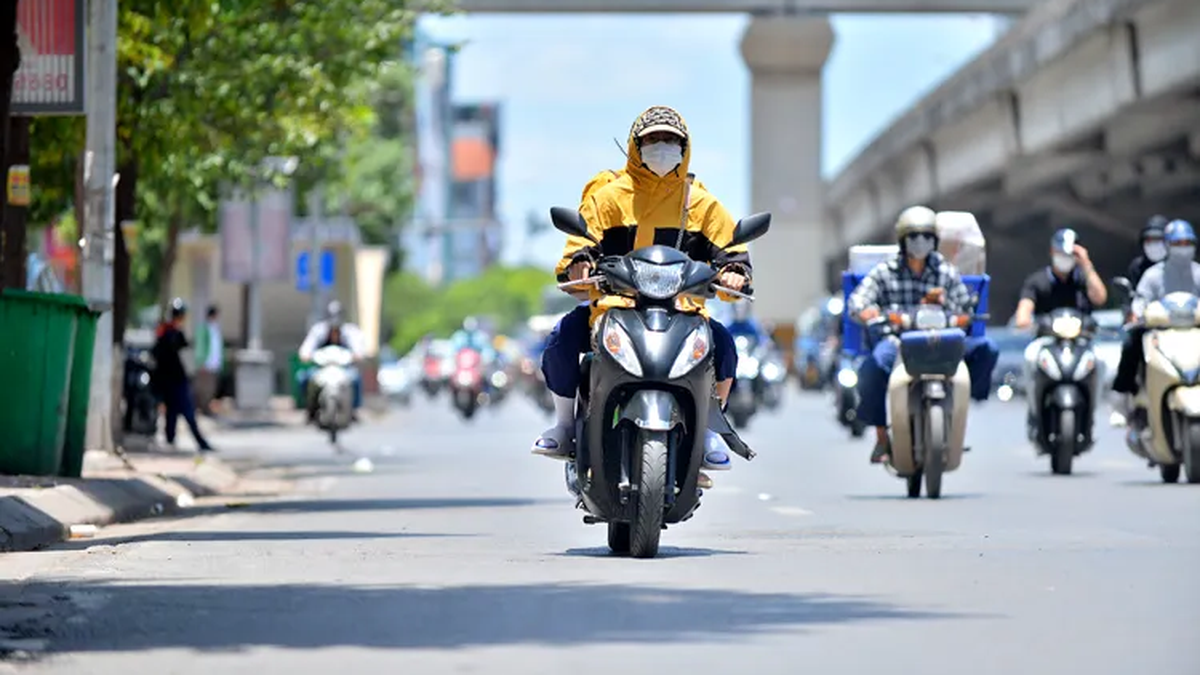































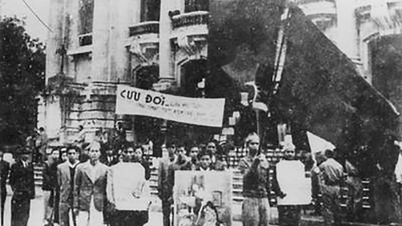























![[Photo] National Assembly Chairman Tran Thanh Man receives Chairman of Morocco-Vietnam Friendship Association](https://vphoto.vietnam.vn/thumb/402x226/vietnam/resource/IMAGE/2025/7/26/b5fb486562044db9a5e95efb6dc6a263)
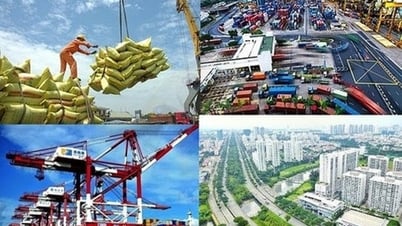

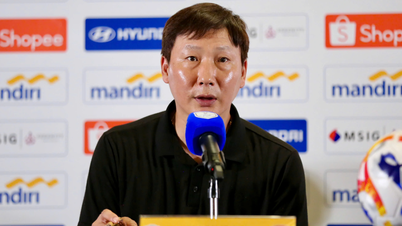
































Comment (0)